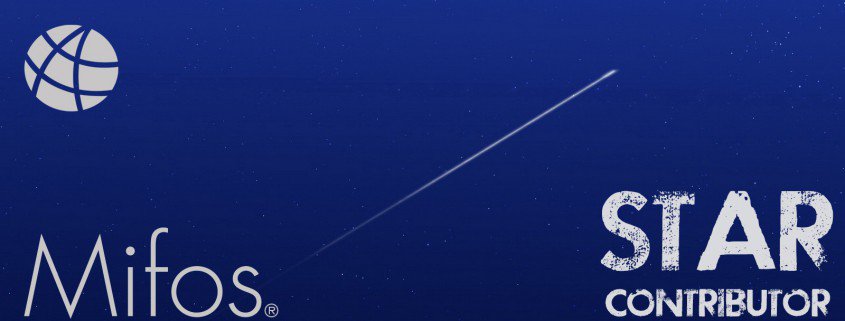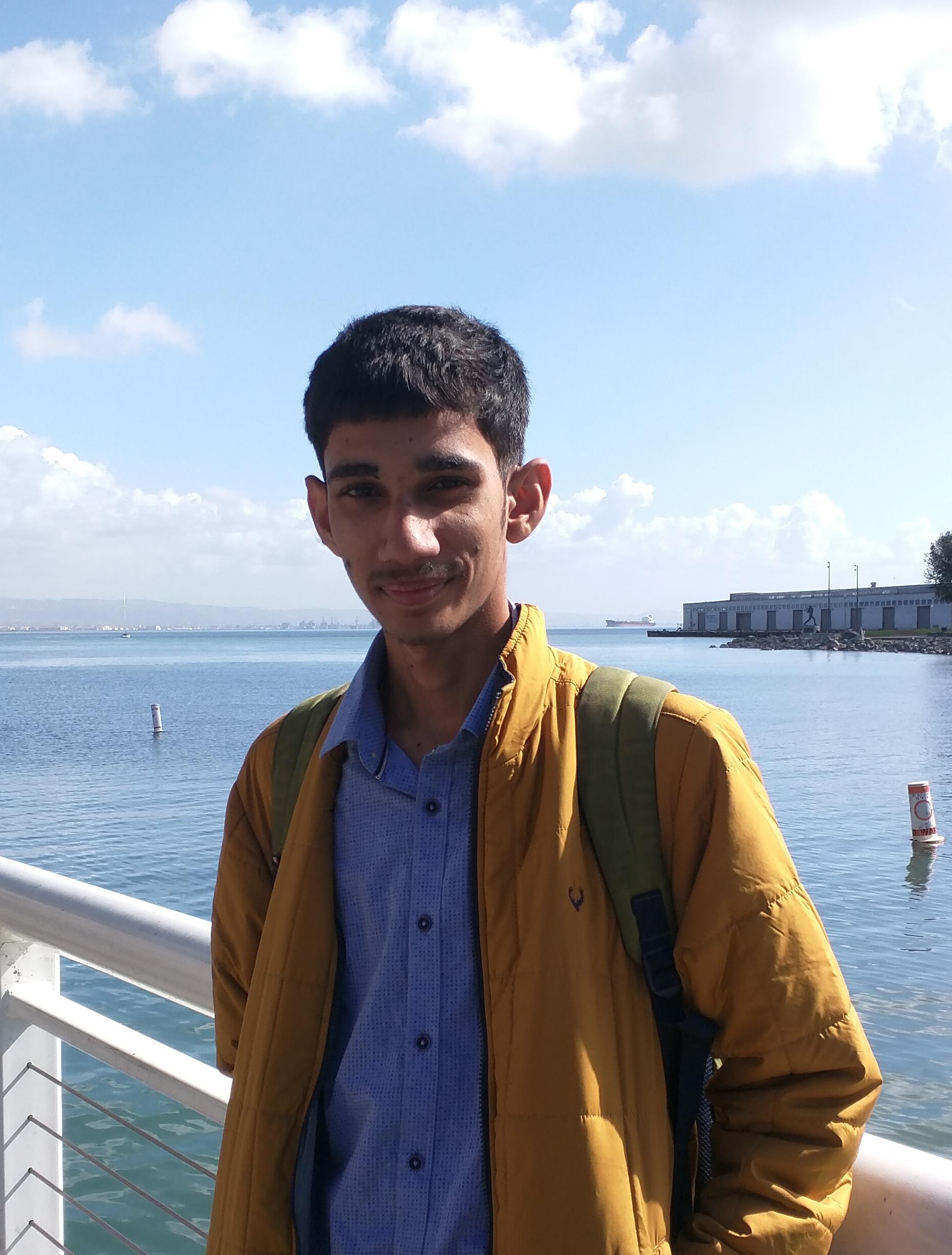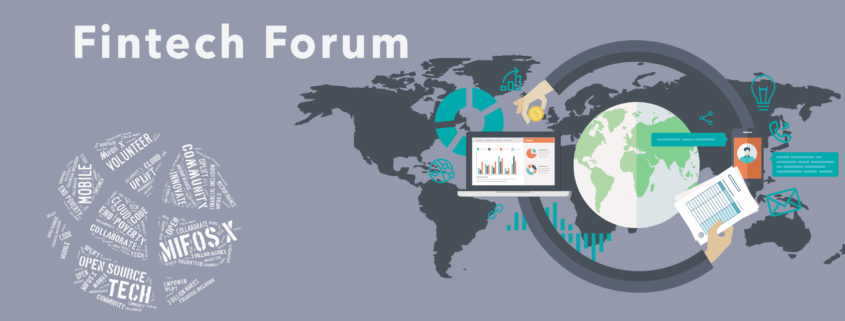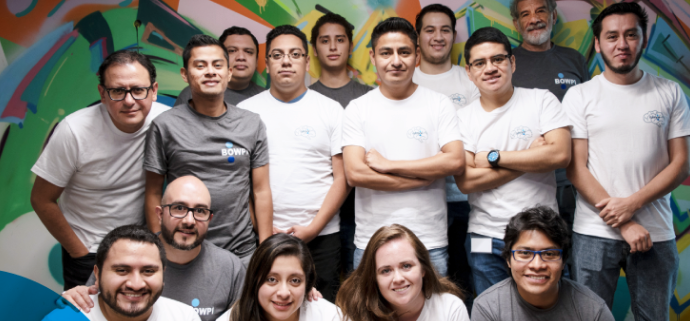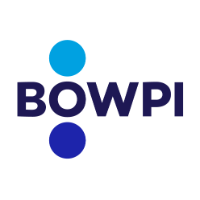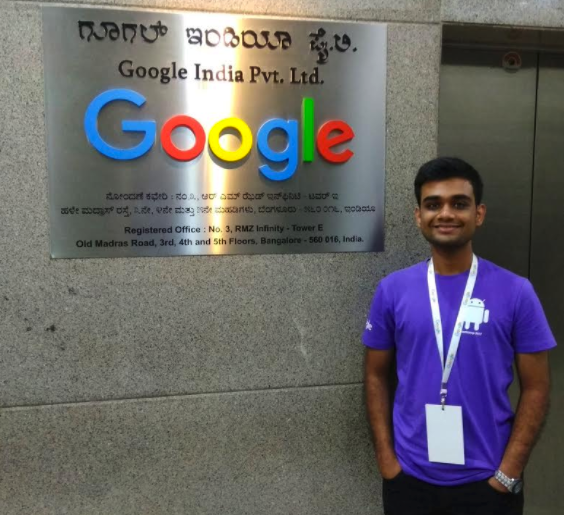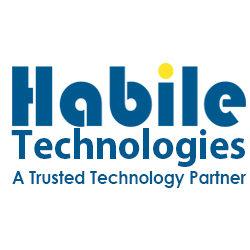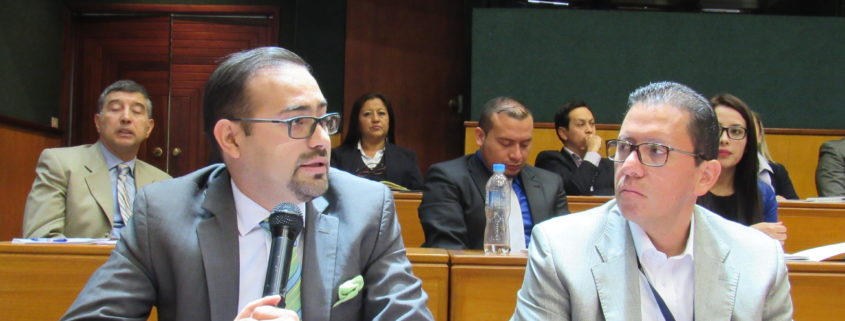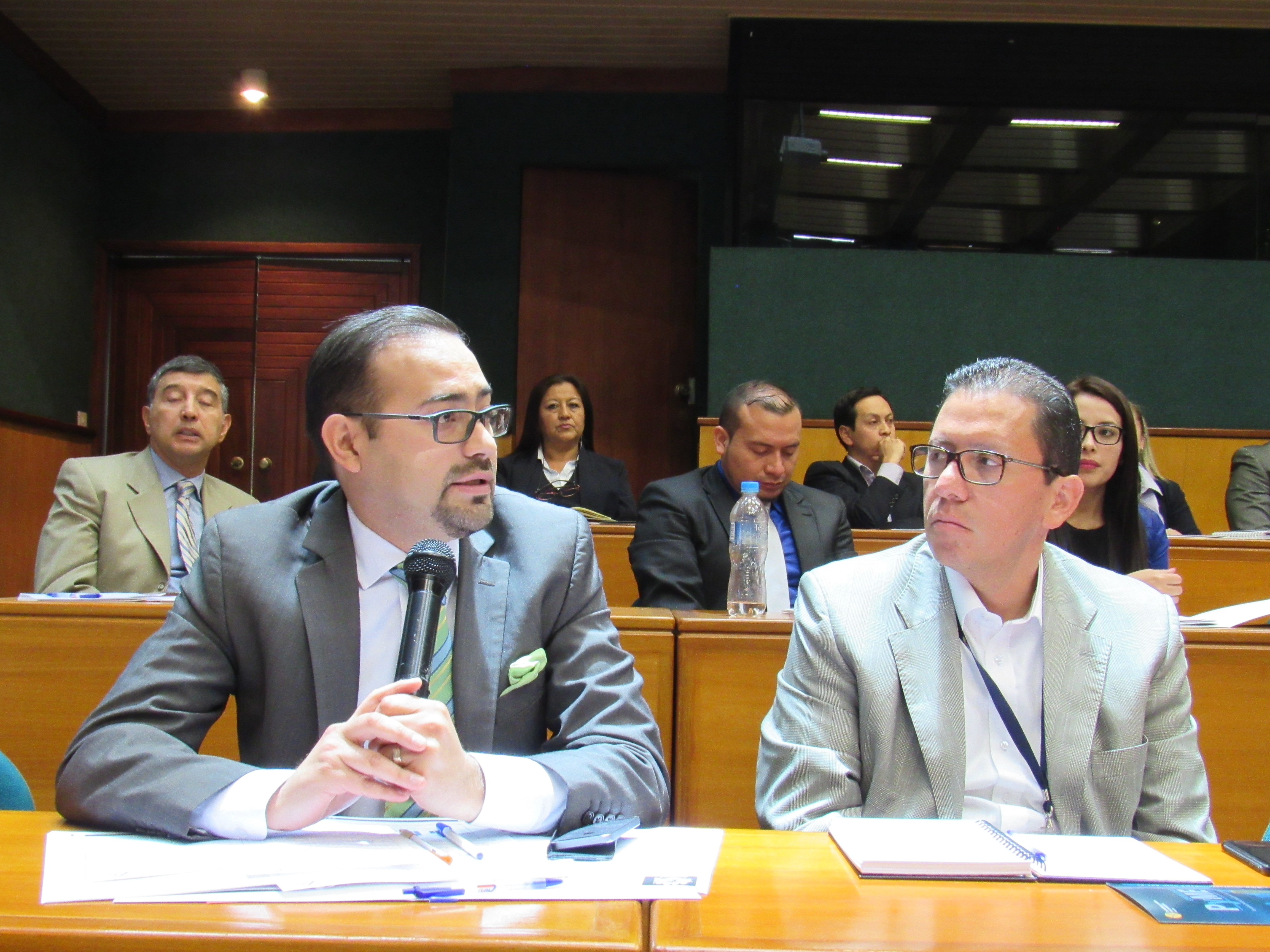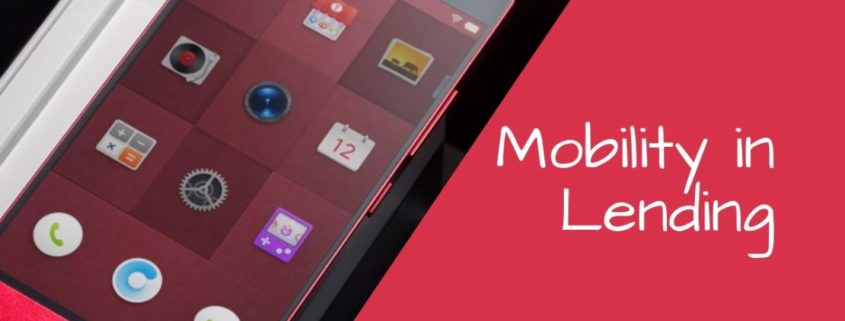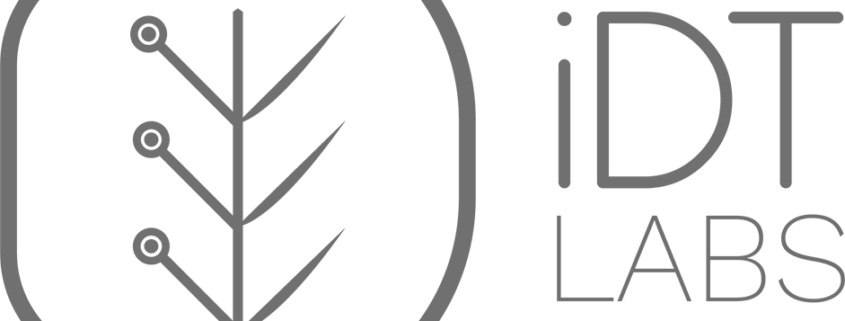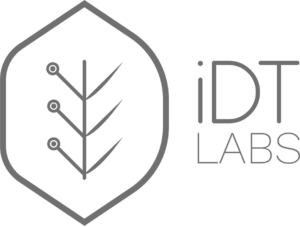Another year, another great Google Summer of Code program for us here at the Mifos Initiative. This year we worked with our biggest class of interns yet – 12 Mifos Initiative interns and 3 Apache Fineract interns who worked tirelessly on their projects and produced amazing results. This post will showcase the outstanding work they did with the community and part 2 of our official GSOC Wrap-up will focus on their reflections on their journey throughout Google Summer of Code.
While the majority of our projects centered on Generation 2 of Mifos which will only in production for the next couple of years, the approaches, designs, and requirements we’ve worked on for each project can be carried over to Generation 3 of Mifos (Apache Fineract CN) so we can rapidly build out these same apps and features on the new microservices architecture.
Thank Yous!
Before we take a closer look at the results of the summer, we want to first off thank everyone who made Google Summer of Code another successful year.
Google Open Source Programs Office
First off we want to once again thank the Google Open Source Programs office for giving us the opportunity once again to introduce students to open source and as they help us fight poverty with technology-enabled financial inclusion. It was a pleasure meeting up with Cat, Stephanie, Mary, Josh and Helen at OSCON as well as at the GCI grand prize trip earlier this year. The entire team is always so responsive and do such an awesome job coordinating so many moving pieces to make GSOC a success. We look forward to participating in GCI and GSOC for many years to come!
Mentors
A big shout and thank you goes out to our mentors who are the key to the success of Google Summer of Code. Our mentors are the ones down in the trenches working with the students making sure they can get through any challenges they overcome. Our mentors are a guiding light to our interns as they help pass the torch onto a new generation of Mifos and Apache Fineract contributors. Thank you to our mobile development mentors – Puneet Kohli and Ishan Khanna. Thank you to our web development mentors – Gaurav Saini, Maulik Soneji, Pranjal Goswami, and Vinay Saini. Thanks to our mentors on the platform side – Avik Ganguly, Kyriakos Patsias, Nazeer Shaik, Marky Reynolds, Aleksandar Vidakovic, Dhirendra Pratap, Ayuk Etta, Antony Omeri, and Markus Geiss. A big thank you to other community members and volunteers like Rajan, Santosh, Denila, James, Sundari, Nayan, and others who made big contributions despite not being official mentors.
Our Interns
Last, but certainly not least, thank you to our interns from across the globe who poured their energy into their projects. What is always most rewarding is seeing how collaborative and supportive the interns are of each other helping to solve coding problems, helping with collaboration tools and just being great all-around community members. We wish them the best of luck in whatever they pursue next and look forward to their continued contributions to the Mifos Initiative. Already, despite the program being officially over, many of our interns have continued making contributions and wrapping up loose ends of their projects.
Read more

